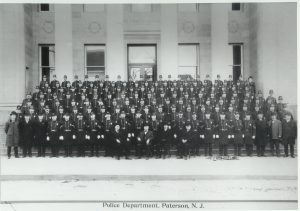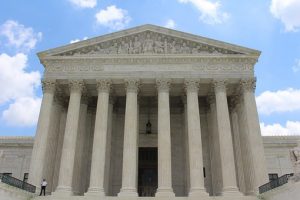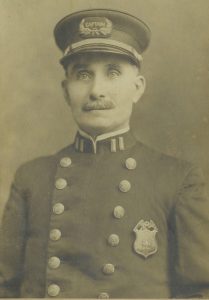New Jersey Appeals Court Examines the Effect of the Ending Forced Arbitration of Sexual Assault and Sexual Harassment Act on Litigation of Related Non-Sexual Harassment Claims
The Ending Forced Arbitration of Sexual Assault and Sexual Harassment Act
The New Jersey Arbitration Act and Federal Arbitration Act generally require enforcement of agreements to arbitrate disputes. This extends to the enforcement of arbitration agreements in employment contracts.
However, in response to the #MeToo Movement, Congress passed the Ending Forced Arbitration of Sexual Assault and Sexual Harassment Act of 2021. The EFAA provided:
 New Jersey Lawyers Blog
New Jersey Lawyers Blog


 Education.
Education.





 government. She worked closely with the Department’s supervisors. Clients were sent by Department to the Center. The Center would assign clients to Bodner. She assessed clients to see if they had substance abuse issues and if so to recommend the appropriate level of care, and report them to the case workers. She would conference cases with Department case workers.
government. She worked closely with the Department’s supervisors. Clients were sent by Department to the Center. The Center would assign clients to Bodner. She assessed clients to see if they had substance abuse issues and if so to recommend the appropriate level of care, and report them to the case workers. She would conference cases with Department case workers.